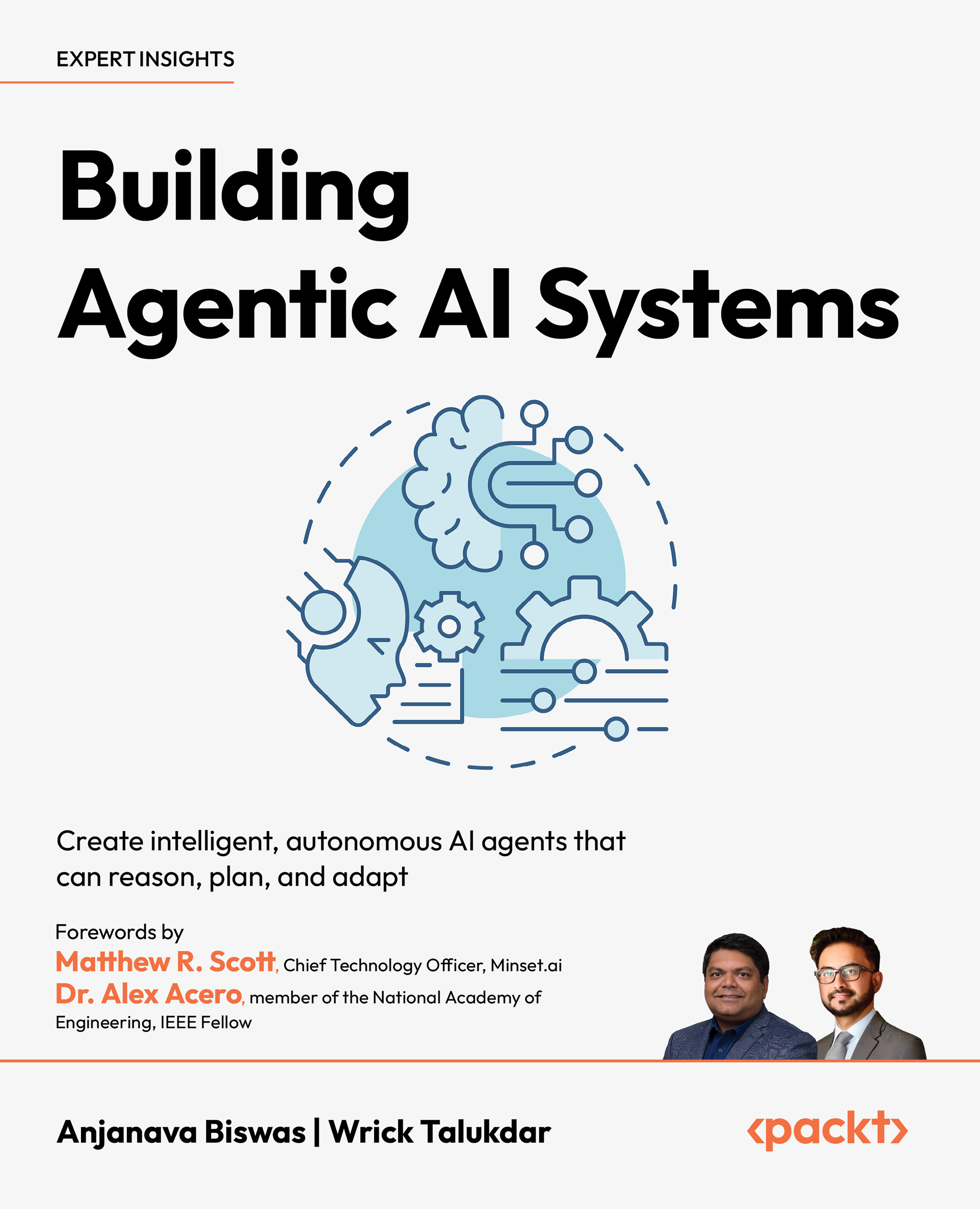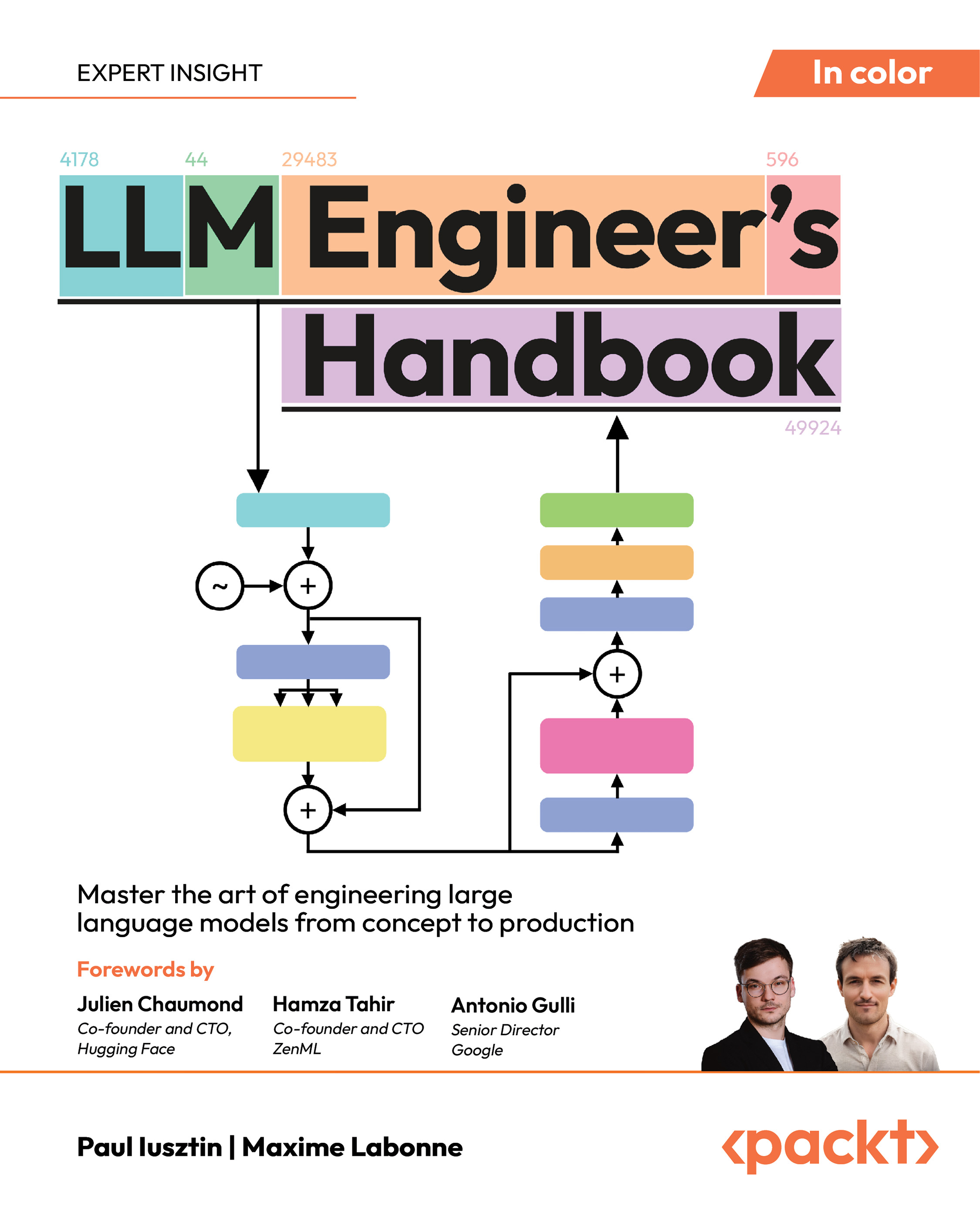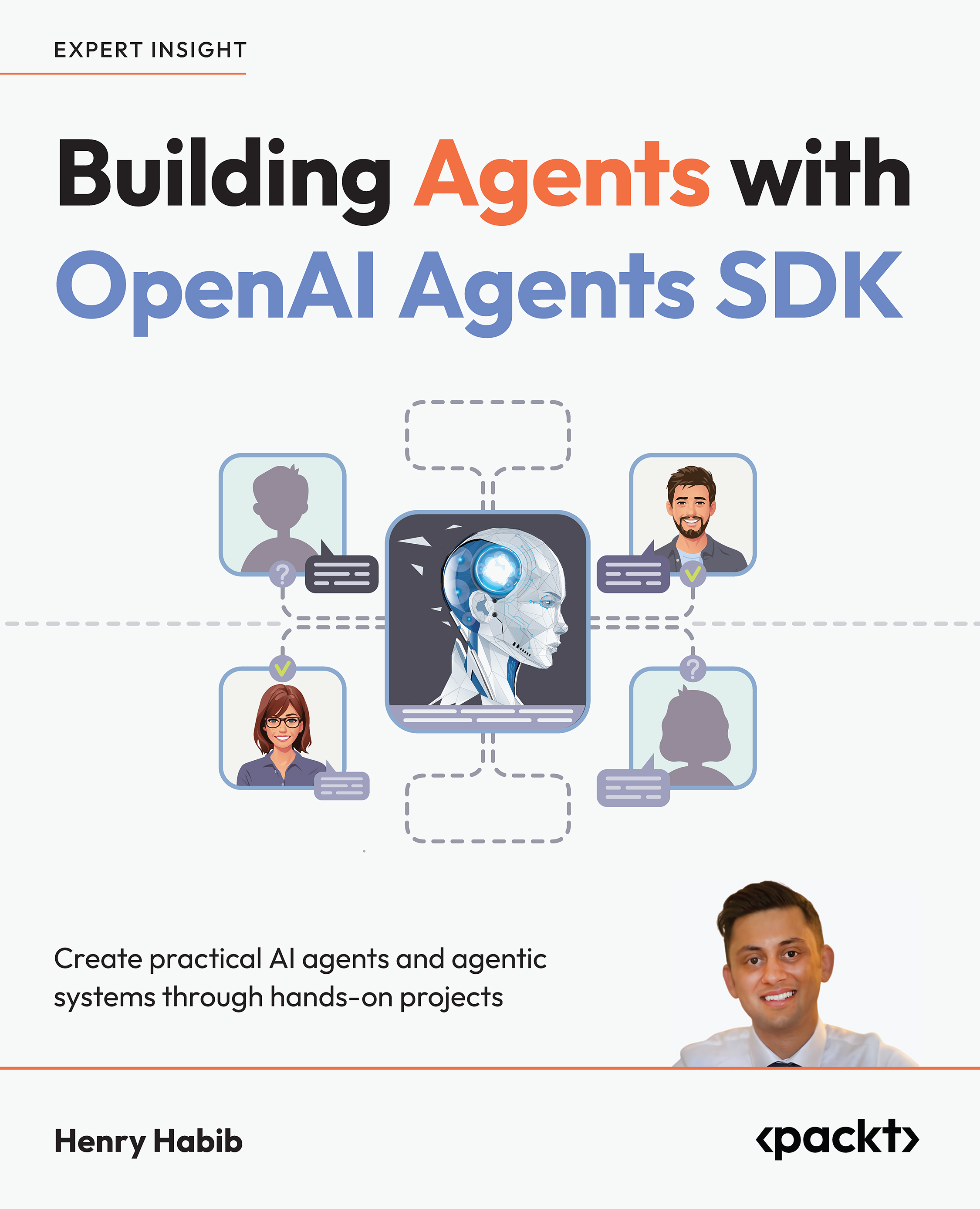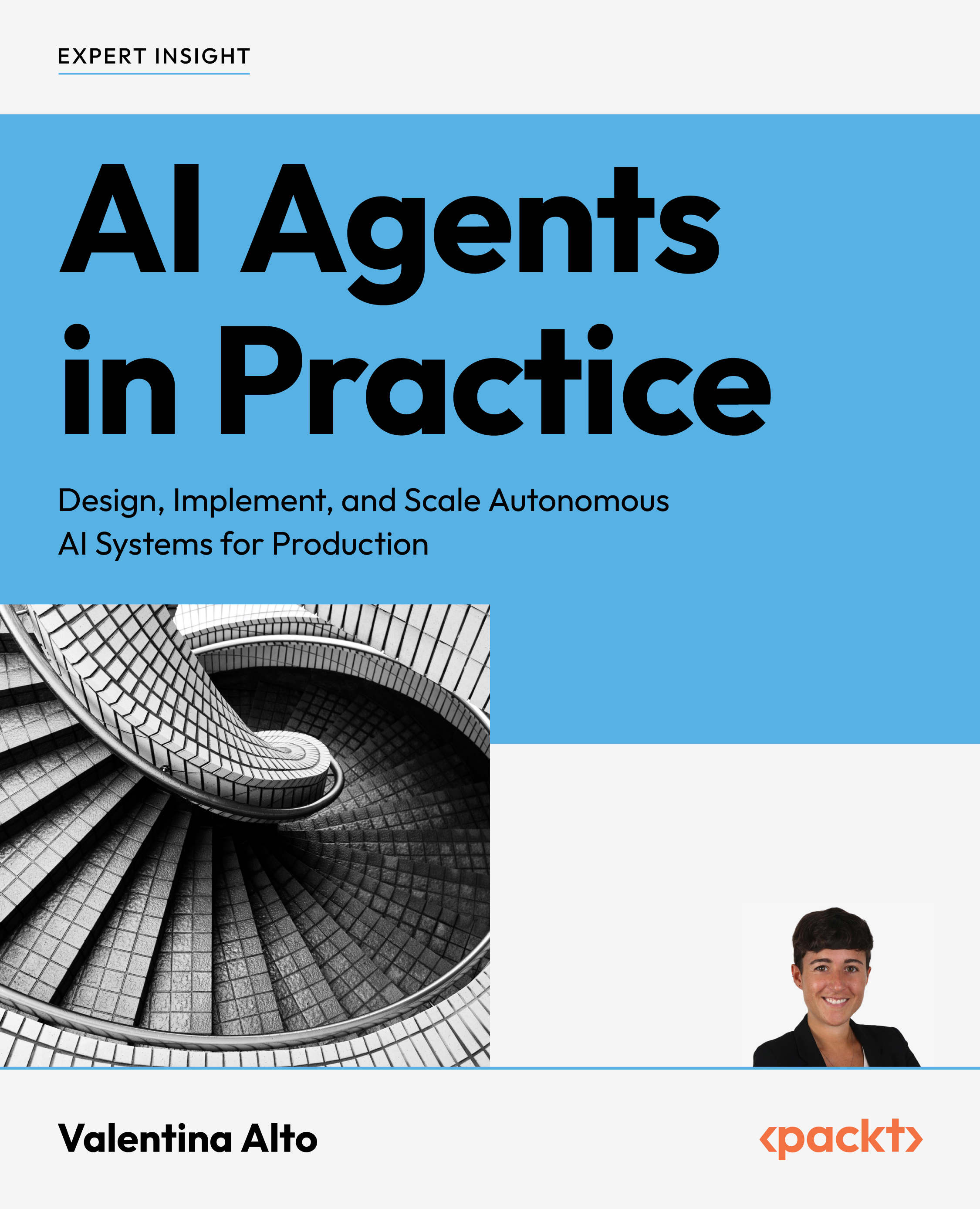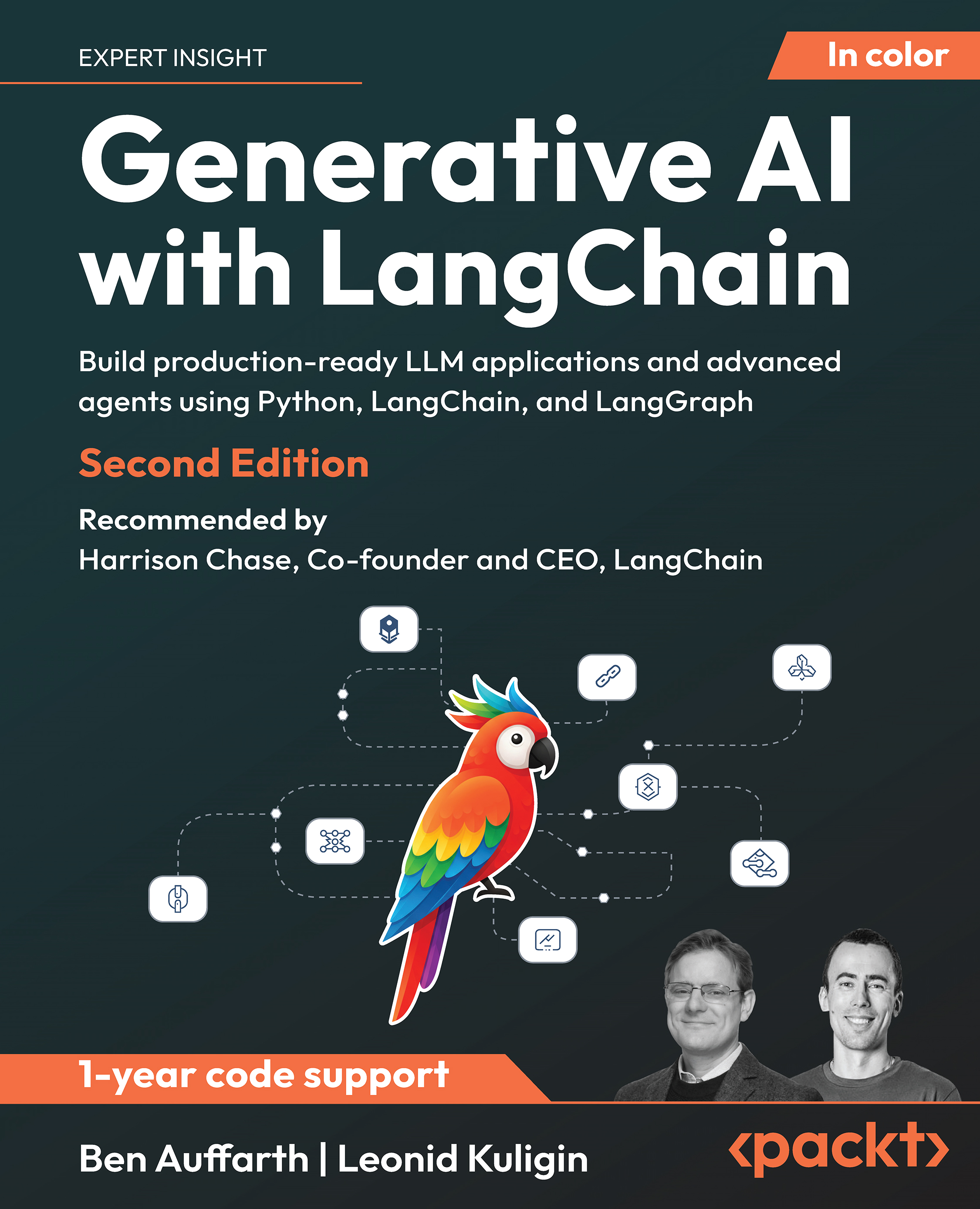This works in favor of machine learning models because with higher flexibility in fitting a forecast function and the addition of more data to work with, the machine learning model can learn a more complex forecast function than traditional time series models, which are typically shared between the related time series, in a completely data-driven way.
Another shortcoming of the local approach revolves around scalability. In the case of Walmart we mentioned earlier, there are millions of time series that need to be forecasted and it is not possible to have human oversight on all these models. If we think about this from an engineering perspective, training and maintaining millions of models in a production system would give any engineer a nightmare. But under the global approach, we only train a single model for all these time series, which drastically reduces the number of models we need to maintain and yet can generate all the required forecasts.
This new paradigm of forecasting has gained traction and has consistently been shown to improve the local approaches in multiple time series competitions, mostly in datasets of related time series. In Kaggle competitions, such asRossman Store Sales(2015),Wikipedia WebTraffic Time Series Forecasting(2017),Corporación Favorita Grocery Sales Forecasting(2018), andM5 Competition(2020), the winning entries were all global models—either machine learning or deep learning or a combination of both. TheIntermarché Forecasting Competition(2021) also had global models as the winning submissions. Links to these competitions are provided in theFurther readingsection.
Although we have many empirical findings where the global models have outperformed local models for related time series, global models are still a relatively new area of research.Montero-Manson and Hyndman(2020) showed a few very interesting results and showed that any local method can be approximated by a global model with required complexity, and the most interesting finding they put forward is that the global model will perform better, even with unrelated time series. We will talk more about global models and strategies for global models in Chapter 10,Global Forecasting Models.
 United States
United States
 Great Britain
Great Britain
 India
India
 Germany
Germany
 France
France
 Canada
Canada
 Russia
Russia
 Spain
Spain
 Brazil
Brazil
 Australia
Australia
 Singapore
Singapore
 Canary Islands
Canary Islands
 Hungary
Hungary
 Ukraine
Ukraine
 Luxembourg
Luxembourg
 Estonia
Estonia
 Lithuania
Lithuania
 South Korea
South Korea
 Turkey
Turkey
 Switzerland
Switzerland
 Colombia
Colombia
 Taiwan
Taiwan
 Chile
Chile
 Norway
Norway
 Ecuador
Ecuador
 Indonesia
Indonesia
 New Zealand
New Zealand
 Cyprus
Cyprus
 Denmark
Denmark
 Finland
Finland
 Poland
Poland
 Malta
Malta
 Czechia
Czechia
 Austria
Austria
 Sweden
Sweden
 Italy
Italy
 Egypt
Egypt
 Belgium
Belgium
 Portugal
Portugal
 Slovenia
Slovenia
 Ireland
Ireland
 Romania
Romania
 Greece
Greece
 Argentina
Argentina
 Netherlands
Netherlands
 Bulgaria
Bulgaria
 Latvia
Latvia
 South Africa
South Africa
 Malaysia
Malaysia
 Japan
Japan
 Slovakia
Slovakia
 Philippines
Philippines
 Mexico
Mexico
 Thailand
Thailand









